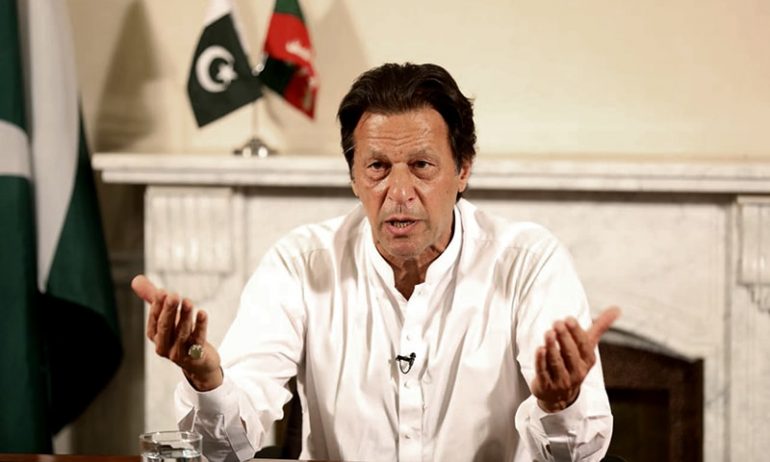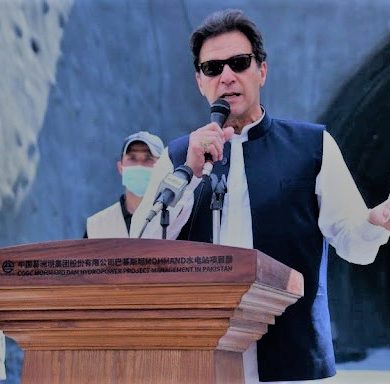Prime Minister Imran Khan was briefed on the ruling Pakistan Tehreek-i-(PTI) Insaf’s defeat in recent local government elections in its stronghold, Khyber Pakhtunkhwa, on Wednesday, revealing ‘wrong’ candidate selection based on ‘favoritism.’
The premier will sensitize party leaders in Punjab during his visit to Lahore on Thursday (today) to select the finest possible candidates and prepare well for the local government polls, which are expected to take place in the province in March or April next year.
Mr. Khan is expected to preside over a PTI core committee meeting on Friday or Saturday to investigate the fundamental cause of the party’s setback in KP, where it has ruled for over a decade.
The performance report was delivered by KP Chief Minister Mehmood Khan, who was also grilled by Mr. Khan for not fielding ‘deserving’ and ‘poll-winning’ candidates, according to a source in the Prime Minister’s Office (PMO).
The prime minister said that amid all the noise about the election result, nobody appreciated the fact that the government had empowered the LG system for the first time in Pakistan’s 74-year history.
The PM tweeted on Wednesday that the local government elections in Khyber Pakhtunkhwa marked the beginning of a modern, decentralized local government system similar to that found in successful democracies.
However, PTI member Noor Alam Khan, who was elected to the National Assembly from Peshawar in 2013 and 2018, told a TV show that the ruling party’s failure in KP could not be blamed on the ‘wrong’ selection of candidates.
People in villages, according to the MNA, are unwilling to even obtain PTI tickets due to the government’s dismal performance. “We went to rural areas but were unable to persuade people to run for office on the PTI ticket,” he said, citing price hikes and unemployment as important causes.
The government could hardly be governed solely through Twitter and social media accounts, according to the PTI lawmaker, who also stated that he had been emphasizing people’s difficulties without yielding any significant results. After raising the challenges that people at the grassroots level were suffering, he stated he had to establish his innocence before the National Accountability Bureau (NAB) in assets beyond means case.
If the fundamental concerns were not addressed within two weeks, he anticipated the results of the second part of the KP polls would be the same. He denied, however, that he and other like-minded MNAs would back a no-confidence resolution against the prime minister.
When approached, Information Minister Fawad Chaudhry stated that while the PTI did not win top positions in the LG elections, it did win a majority of seats at the village council level.
He claimed that the ruling party had learned from the first phase of the LG votes in KP and that in the second phase, the ruling party would field better candidates.
According to the preliminary results announced by the Election Commission of Pakistan on Monday, the JUI-F not only won 15 mayor/chairman seats but also fought hard in many other tehsils where its candidates came in second or third place.
The JUI-F startled the PTI in the provincial capital by taking a decisive lead in the race for mayor of Peshawar. Haji Zubair Ali of the JUI-F received 62,388 votes over Rizwan Bangash of the PTI’s 50,659 votes.
The JUI-F managed to win four of the remaining six tehsil chairman seats in Peshawar, while the PTI only managed to gain one.
Fawad had previously described the JUI-F triumph as the victory of an “extreme religious-political party,” calling it “unfortunate” and “destructive to the country.”



